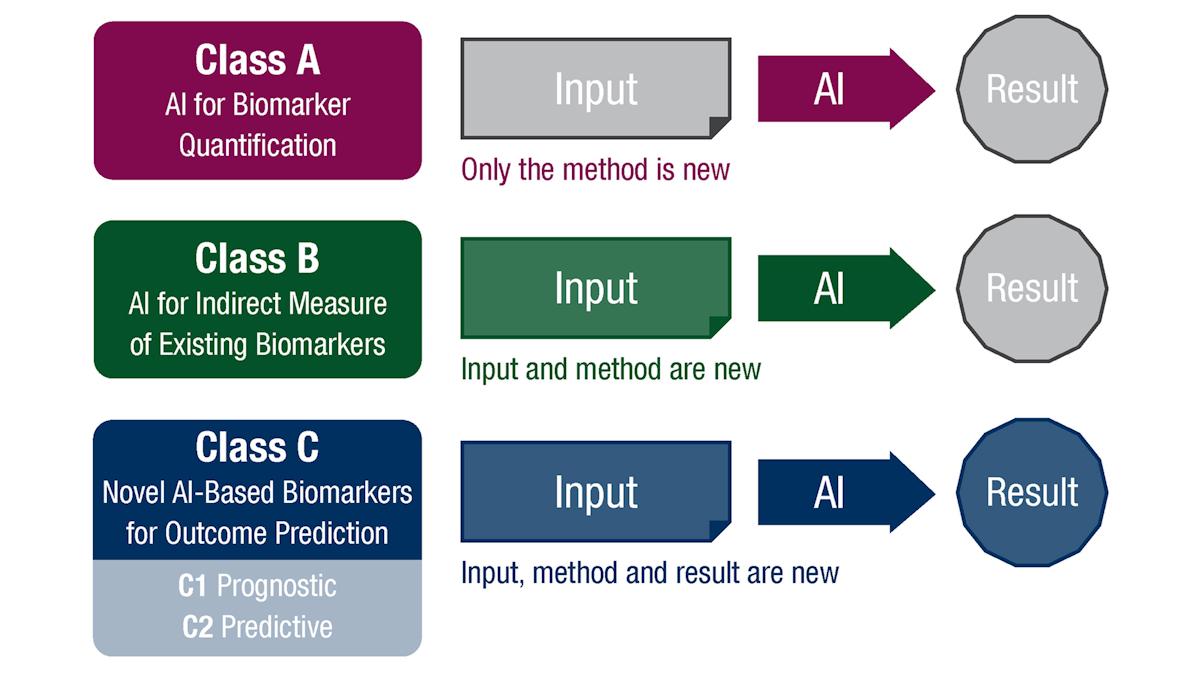Merck KGaA's bold new approach to cancer immunotherapy

Germany’s Merck KGaA is hoping to stand out from the crowd with a bold new approach to cancer immunotherapy. Richard Staines met with representatives of the company at the European Society for Medical Oncology (ESMO) conference to find out more.
With cancer immunotherapies setting new standards in many forms of cancer, the question that many people are asking is how the industry can raise the bar higher and produce even better results for patients.
Safety is one issue – checkpoint inhibitor immunotherapies such as Keytruda can produce irreversible side effects, as was pointed out at one fringe event at ESMO.
But the Achilles’ heel for PD-1 and PD-L1 drugs is that they don’t work in all patients, and in many cases it’s not altogether clear why this is happening.
Some people contend that US-based Merck & Co “got lucky” with Keytruda (pembrolizumab) when it produced positive results in first-line lung cancer.
On the other hand there is still no real consensus as to why its arch rival, Bristol-Myers Squibb’s Opdivo (nivolumab) has not proved to be as effective in this important indication, where by rights it should have shown similar levels of efficacy.
Merck & Co is looking for ways to improve the efficacy of Keytruda by combining it with other agents, while a host of other pharma companies are producing competitors from the same class that may or may not work better because of the subtle differences in their structure.
But Germany’s Merck KGaA is hoping to stand out from the crowd with a bold new approach in cancer immunotherapy.
With M7824, the company hopes to hit PD-(L)1s where it hurts by using a dual mechanism of action to produce a stronger response.
M7824 is a bifunctional fusion protein that acts against PD-L1, as well as trapping TGF-beta – a chemical signal that is thought to suppress tumour growth in early development of cancers, but promote growth of cancer as the disease becomes more established.
Early data from a small trial in patients with metastatic or refractory head and neck cancer showed the drug produced an overall response rate of 36.4%, and a total clinical response rate of 54% in patients with HPV-positive disease.
The overall response rate was much lower in a wider patient group at 15.6%, although there was a delayed effect in some patients that brought the clinical response rate up to almost 22%.
In a poster presentation, Byoung Chul Cho, associate professor at Yonsei College of Medicine noted the drug showed clinical activity as a monotherapy in the cohort of phase 1 patients.
These numbers are encouraging, but no real conclusions can be drawn from them because of the small cohort of patients in the early trial.
But what really raised eyebrows at ESMO was data from another phase 1 trial in previously treated non-small cell lung cancer which showed a response rate of 37% in patients with PD-L1+ expressing tumours, rising to 85.7% in patients with high PD-L1+ expressing tumours.
The response from the PD-L1 group is much stronger than would be expected from a conventional checkpoint inhibitor drug, where response rates are usually in the 30%-40% bracket, depending on the type of cancer.
As a result, Merck KGaA has seen enough to make a huge bet on M7824 and is testing it head-to-head with Keytruda in a phase II trial in first-line non-small cell lung cancer in patients expressing PD-L1.
 James Campbell, head of the company’s global oncology business franchise, told pharmaphorum in an interview: “This is a drug we are very excited about. The thinking behind this is to take two mechanisms and bring them together.”
James Campbell, head of the company’s global oncology business franchise, told pharmaphorum in an interview: “This is a drug we are very excited about. The thinking behind this is to take two mechanisms and bring them together.”
“We have seen response rates in some of these data that have given us the confidence to take it forward in development,” he said on the sidelines of the conference.
But it is the bold bet on the first-line lung cancer indication that is most eye-catching: this is perhaps the most hotly contested indication in cancer and is worth billions to any company that can produce a drug that improves standard care.
For the last two years or so that standard has been set by Keytruda, but German Merck hopes to change this with the results of the M7824 trial, which are due in three years’ time.
“Clearly we want to demonstrate PFS or overall survival but if any study produces response rate, that is reassuring.”
The drug is also in development in indications including cancer of the oesophagus, biliary tract cancer and gastric cancer.
But it’s the audacious bid to outdo Keytruda in its most important indication of first line lung cancer that stands out.
“That gives you a sense of our belief in the potential of the drug to set a new standard of care,” said Campbell.













